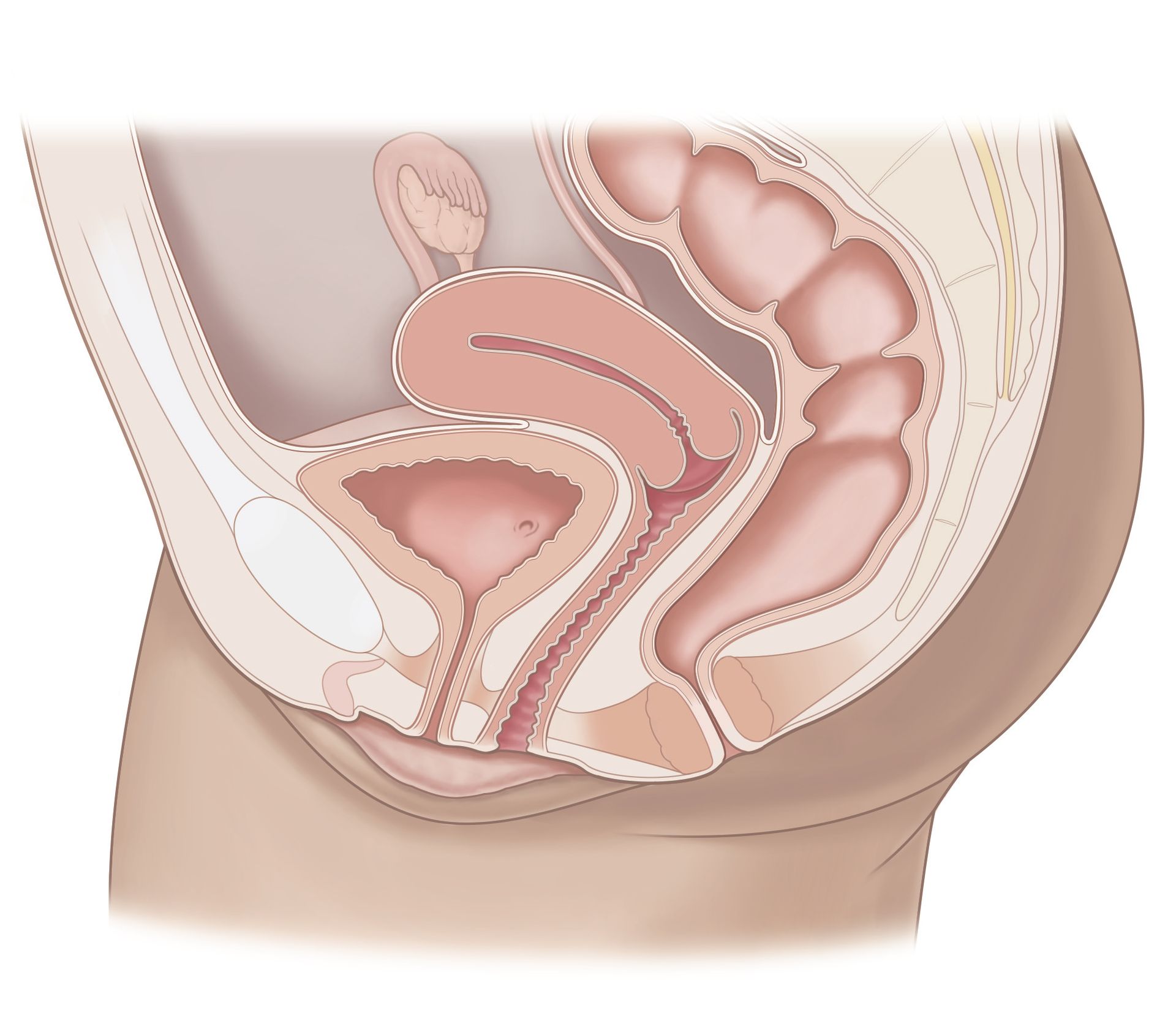
The holiday season is here, and while we're excited about family gatherings, festive parties, travel, and all the fun that comes with it, it's also a great time to think about taking care of yourself—especially when it comes to sexual health.
With more social events, travel, and sometimes new connections, it can be easy to get distracted. An NHS survey has revealed that six out of ten people under the age of 25 fear they may have contracted Chlamydia over the Christmas holidays. The survey, which questioned 509 individuals aged between 16 and 24, also found that 69% of respondents had engaged in unprotected sex during the festive period.
These concerning statistics are alarming and are a reminder that early detection and treatment are essential to prevent complications and transmission. To help you stay healthy and have fun this season, we’ve put together simple tips for preventing STIs, recognizing common ones, and understanding how they’re treated.
At Almond, we’re committed to supporting your sexual health with comprehensive screenings, personalized care, and expert guidance. We’re here to help you make informed decisions about your health so you can enjoy the season with peace of mind.
Prevention Tips: How to Protect Yourself
- Use Condoms
Whether you're in a new relationship or a long-term one, condoms are still your best defense against most STIs, including HIV, gonorrhea, chlamydia, and HPV. They’re inexpensive, easy to use, and effective when used correctly every time. At Almond, we provide information and resources to help you choose the best protection for your needs. - Get Tested Regularly
If you're sexually active—especially with new partners—it’s important to get tested regularly. Early detection helps prevent the spread of STIs and allows for faster treatment. Regular testing is key to staying proactive about your health. We offer convenient and confidential STI screenings at Almond, so you can stay on top of your sexual health, even during the busy holiday season. - Vaccination
Consider getting vaccinated for HPV (Human Papillomavirus). The HPV vaccine can help prevent cervical cancer. If you haven’t received the HPV vaccine yet, now is a great time to ask us about it at your next visit! - Know Your Partner
Before becoming sexually active with a new partner, have an open conversation about sexual health. Encouraging testing and discussing boundaries may feel awkward at first, but it’s an important step in protecting both you and your partner. At Almond, we offer counseling and support to help you navigate these important conversations. - Limit the Number of Partners
Reducing the number of sexual partners can lower your risk of exposure to STIs. While it’s not a guarantee, fewer partners generally means a lower chance of encountering someone with an infection. Regardless of the number of partners, testing and communication are key.
The Most Common STIs and Their Symptoms
- Chlamydia
- Symptoms: Often asymptomatic, but it can cause abnormal discharge, pelvic pain, and painful urination.
- Treatment: Easily treated with antibiotics (usually azithromycin or doxycycline).
- Gonorrhea
- Symptoms: Painful urination, abnormal discharge, and in some cases, swollen lymph nodes or pelvic pain.
- Treatment: Treated with antibiotics, but antibiotic resistance is a growing concern. Regular testing is key.
- Human Papillomavirus (HPV)
- Symptoms: Many types of HPV are asymptomatic, but some strains can cause genital warts or, in rare cases, lead to cervical or other cancers.
- Treatment: No cure for the virus itself, but the symptoms (warts) can be treated. Vaccines like Gardasil help protect against high-risk types of HPV.
- Herpes Simplex Virus (HSV)
- Symptoms: Painful blisters or sores around the genital area, mouth, or other areas.
- Treatment: There’s no cure, but antiviral medications (like acyclovir) can reduce outbreaks and transmission.
- Syphilis
- Symptoms: Painless sores at the site of infection, followed by a rash, fever, and swollen lymph nodes.
- Treatment: Early syphilis is easily treated with antibiotics, typically penicillin.
- Trichomoniasis
- Symptoms: Unusual vaginal discharge, itching, or painful urination.
- Treatment: Treated with a single dose of antibiotics (usually metronidazole or tinidazole).
What to Do if You Think You Have an STI
If you think you might have an STI, don’t wait—get tested! Many STIs don’t show symptoms right away (or at all), so it’s important to stay proactive about your sexual health. If you test positive for an STI, don’t panic—most can be treated with medication. Early treatment helps prevent complications and the spread of the infection to others.
At Almond Health, we offer private, non-judgmental consultations and testing to ensure you receive the care and support you need. If you're concerned about your sexual health, contact us to schedule an appointment.
Bottom Line: Enjoy the Holidays, but Keep Your Health in Mind!
The holiday season is a time for celebration, connection, and joy. Just remember, taking a few steps to protect your sexual health can ensure you enjoy the festivities safely. If you have any concerns about your sexual health or need to schedule a screening, don’t hesitate to contact us. We’re here to provide you with the information, care, and resources you need to make informed choices and stay healthy.
Wishing you a happy, healthy, and safe holiday season!



Don’t just get seen, get taken care of.
Questions? Call or book an Intro Call with a member of our team.
© 2024 All Rights Reserved
Almond
